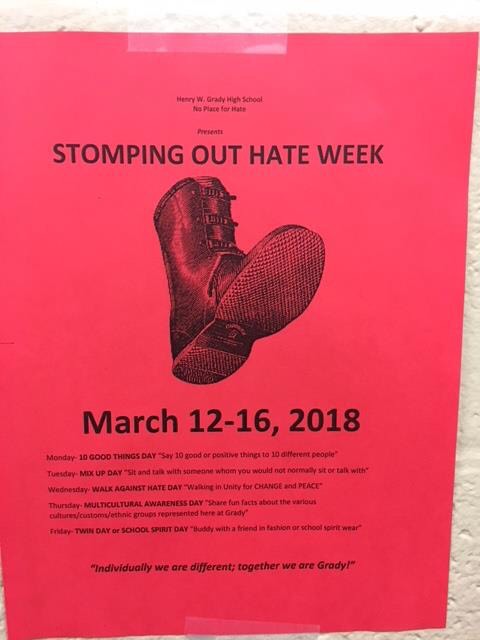History of the Decline and Fall of the Roman Empire, by Edward Gibbon, presents an alternating image of the Roman military. At times, it’s the savior of the empire; at times, it’s the cause of its downfall. At times, it’s the only institution carrying forward the essence of the people; at times, it aligns with foreign forces. At times, one gets the impression that the Roman soldiers were driven centrally by a sense of honor; at times, the impression is more of a collection of mercenaries.
As is the way with history, these changes were both causes and effects — amplifying the direction that the circumstances, the enemies, or the emperor dictated while also changing the course of history. How differently the people must have looked at soldiers in each of those epochs.
Over the course of my life, the United States has treated its military personnel with a complicated, often contradictory, presentation. In the times of the old movies, the nation was all but uniformly convinced of the honor of such service. After the ’60s, and with Vietnam, we experienced a flip. Rather, we experienced a division, with one part of the culture flipping to present military service as inherently suspect and the military condemnable as an institution.
At the same time, both sides of that division focused more on personalities and archetypes, or at least that is how it has seemed. If the portrayal is one of villainy, the characters are villains; if it is one of honor, such is invested in the personage of demigods, often performing superhuman feats.
What we need in our time is a sense of the honorable hero defined simply by service, holding the lines and traditions in a way somewhat better than we arguably deserve. What we need even more is for those heroes to be honored by more than a day — but rather by a history-changing imitation.

